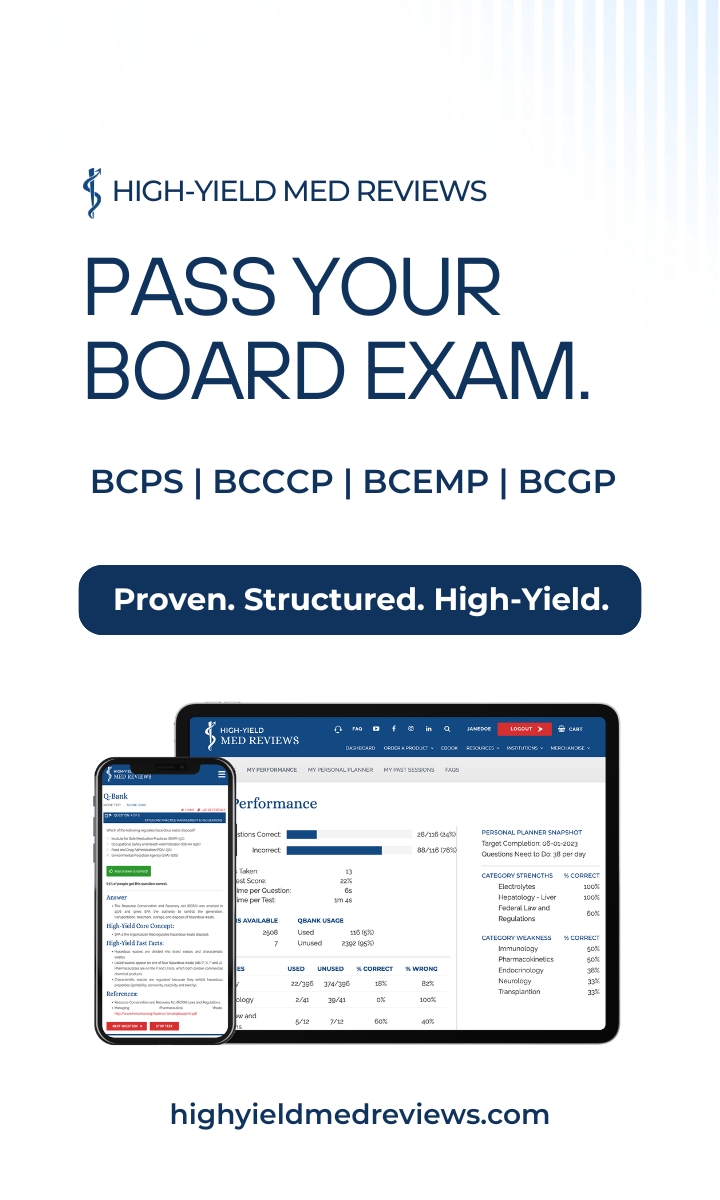The
emergence and global impact of the swine-origin influenza A (H1N1) virus
several years ago along with the knowledge that available methods for
prevention and treatment are limited has raised concerns about how we will be
able to offer preventative therapies and/or treatment to those in need should
the situation worsen. While government agencies recommend oseltamivir (Tamiflu) and zanamivir (Relenza) as
effective therapies, worldwide supply is not sufficient to offer prophylaxis or
treatment to everyone.1,2 In addition, there are a number of people that
will not take treatments that are not "natural" or that are known to
be synthetic/prescription medications. As such, the use of natural,
herbal or homeopathic treatments thought to be active against influenza A viral infections are likely to used and advocated by non-medical sources found on the internet. One
such homeopathic medicine being recommended is Oscillococcinum (Anas
barbariae hepatis et cordis extractum 200CK HPUS).3
Oscillococcinum
is a patented homeopathic medicine that is in the form of granules and is
manufactured primarily by Boiron Laboratories.3 Prior to the emergence of
the swine-origin influenza A (H1N1) or avian influenza A (H5N1) viruses, Oscillococcinum
was reported to be used by over 1,000 United Kingdom physicians, and 10,000
French and German homeopathic physicians for influenza infections (flu).4
Are there any efficacy data regarding the use of Oscillococcinum for the
prevention or treatment of the flu?
Two separate systematic reviews have been done and will help answer this
question. One was done by the Cochrane Collaboration specifically on
Oscillococcinum and another by a group from the United Kingdom that included
Oscillococcinum in its systematic analysis.4,5 Both groups came to
similar findings. The Cochrane Collaboration included a total of 7 trials
in their review of which 3 were prevention trials representing 2,265
participants and 4 were treatment trials representing 1,194 participants.
Of these trials only 2 studies had sufficient information to complete the full
data extraction. They found that there was no evidence that
Oscillococcinum can prevent influenza (relative risk, 0.64; 95% confidence
interval (CI), 0.28 - 1.43).4 As it related to the treatment of the flu,
Oscillococcinum reduced the length of the influenza illness by 0.28 days (95%
CI, 0.5 - 0.6).4 This translates into participants taking Oscillococcinum
experiencing an average reduction in duration of illness by only 6 hours, with
a range of 1 hour to 12 hours of benefit.4 This conclusion was consistent
among both systematic analyses and while it is statistically significant, this
is of debatable clinical significance.4,5 This is especially true given
the poor standards used by these trials in reporting data.4 In fact,
several of the studies never made it to full publication and one was published
in a general medical magazine versus a scientific journal.4 Fortunately,
there are no known major side effects associated with its use.
Is
Oscillococcinum regulated by the U.S. Food and Drug Administration?
Yes. Homeopathic medicines meeting certain criteria are regulated by the
FDA.6 However, it is important to note that the trials used in these
systematic reviews and data published to date do not include any scientific
evidence for use of Oscillococcinum for the prophylaxis or treatment of the
current swine-origin influenza A (H1N1) flu. In addition, the current CDC
recommendations for prevention and treatment against the current strains of the
H1N1 virus do not include Oscillococcinum as a recommended option. As
such, its use for the prevention or treatment of the current H1N1 strain cannot
be recommended and should not be used in place of other standard treatments
that have supporting scientific information.
References:
- Busti AJ, Margolis DM, Herrington J, Nuzum DS, Daves BJ, McKeever
GC. How can the antiviral, oseltamivir (Tamiflu) work to treat
swine-origin influenza A strain (H1N1) viral infection?
- Center for Disease Control and Prevention. H1N1 Flu (Swine Flu) and You. Accessed: May 12, 2009.
- Boiron. Oscillococcinum. Newtown Square, PA.
- Vickers
AJ, Smith C. Homeopathic Oscillococcinum for preventing and treating
influenza and influenza-like syndromes. Cochrane Database Syst Rev
2006;3:CD001957.
- Guo
R, Pittler MH, Ernst E. Complementary medicine for treating or
preventing influenza or influenza-like illness. Am J Med
2007;120:923-929.e3.
- U.S.
Food and Drug Administration. Sec 400.400 Conditions Under Which
Homeopathic Drugs May be Marketed (CPG 7132.15).





